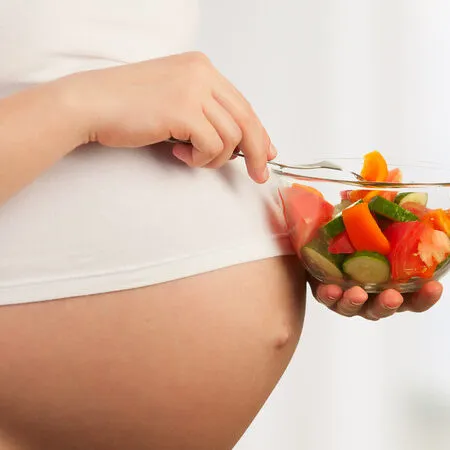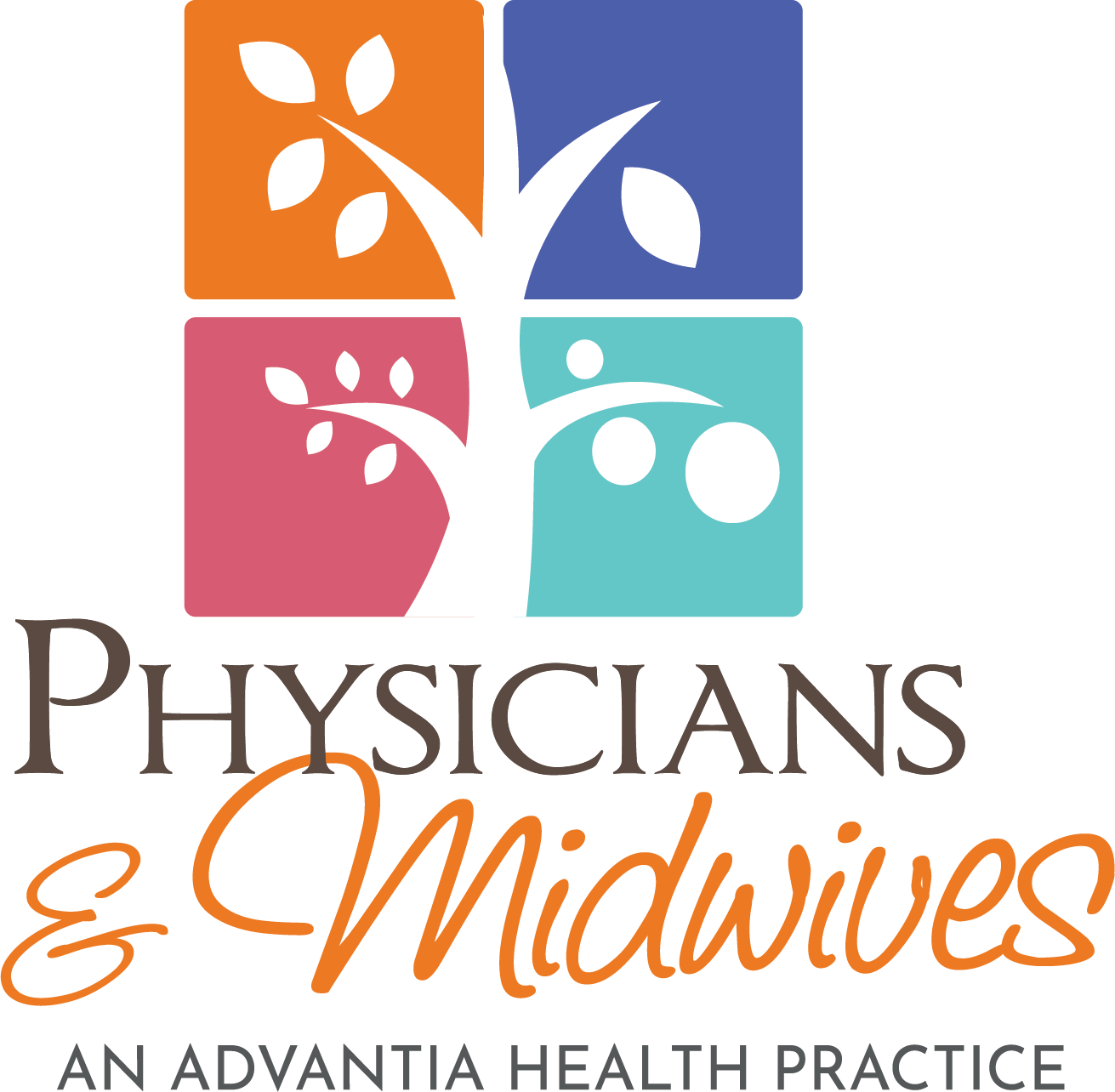
Published on: 3 February, 2016
Read Time: 4 min
Did you know that women have an especially high risk of developing iron deficiency and that risk increases considerably during pregnancy? A woman is at risk of iron deficiency through every stage of her life, from the rapid growth spurts and getting her period during puberty to blood loss and absorption issues in her golden years. But during pregnancy, several factors come into play that makes getting enough iron especially important.
Why the Risk of Anemia Increases During Pregnancy
Your body needs as much as 50 percent more iron when you’re pregnant for your growing body and baby. As you near the end of your pregnancy, your baby will begin to store the iron he/she needs for the first six months of life. If you’re not getting enough iron, this can deplete your iron stores and leave you anemic, which put you and your baby in danger. Morning sickness can also increase your risk of iron deficiency. Add the blood loss during childbirth and your chances of needing a blood transfusion after giving birth also increases.
Iron and Your Unborn Baby
Not being able to get enough iron from the mother increases the risk of premature birth and a low birth weight. Babies with iron deficiency also have an increased risk of cognitive impairment. Sadly, the risk of infant and maternal mortality is also higher when a woman is anemic during pregnancy.
Low iron levels in children have been linked to issues that can affect children right into adulthood, including:
- Learning disabilities
- Reduced intelligence
- Concentration difficulties
- Lowered emotional response
Know the Symptoms
It can be easy to miss some of the symptoms of iron deficiency, especially during pregnancy when you’re already experiencing so many new and different things. It doesn’t help that a lot of the symptoms of low iron levels are similar to those you’d expect during pregnancy.
Take note of the following symptoms and book an appointment with one of our midwives or physicians either online or by telephone if you believe you may be iron deficient:
- Fatigue
- Weakness
- Lightheadedness
- Dizziness
- Rapid or irregular heartbeat
- Paleness (skin, lips, and nails)
- Shortness of breath
- Concentration issues
- Cold hands and feet
- Irritability
How a Midwife Can Help
Midwives are with you throughout the course of your pregnancy and know what you need in order to have a healthy pregnancy. By booking an appointment with one of our midwives early in your pregnancy, you can get the advice and information you need to help you safely increase your iron intake to accommodate your changing body and growing baby. Our midwives, who are Certified Nurse Midwives with undergraduate and advanced degrees in nursing and midwifery, are also extensively trained in Women’s Health and Obstetrics.
What You Can Do
Along with keeping regular appointments with your midwife and physician during your pregnancy, you should also eat a healthy diet with more iron-rich foods. Foods that are high in iron include:
- Lean red meats and poultry
- Fish
- Iron-fortified cereal
- Dark leafy greens, such as spinach and kale
If your iron levels are low, your physician may recommend taking an oral iron supplement during pregnancy. It’s important not to take any supplements, including iron, without consulting your physician first as too much iron can be toxic.

Physicians and Midwives, an Advantia Health Practice
Physicians and Midwives is a unique collaborative practice you won’t find anywhere else. We have 5 offices for your convenience all across Northern Virginia, including Alexandria, North Arlington, Mt. Vernon, Kingstowne, and Woodbridge. If you would like to be listened to, as well as cared for, then look no further.





